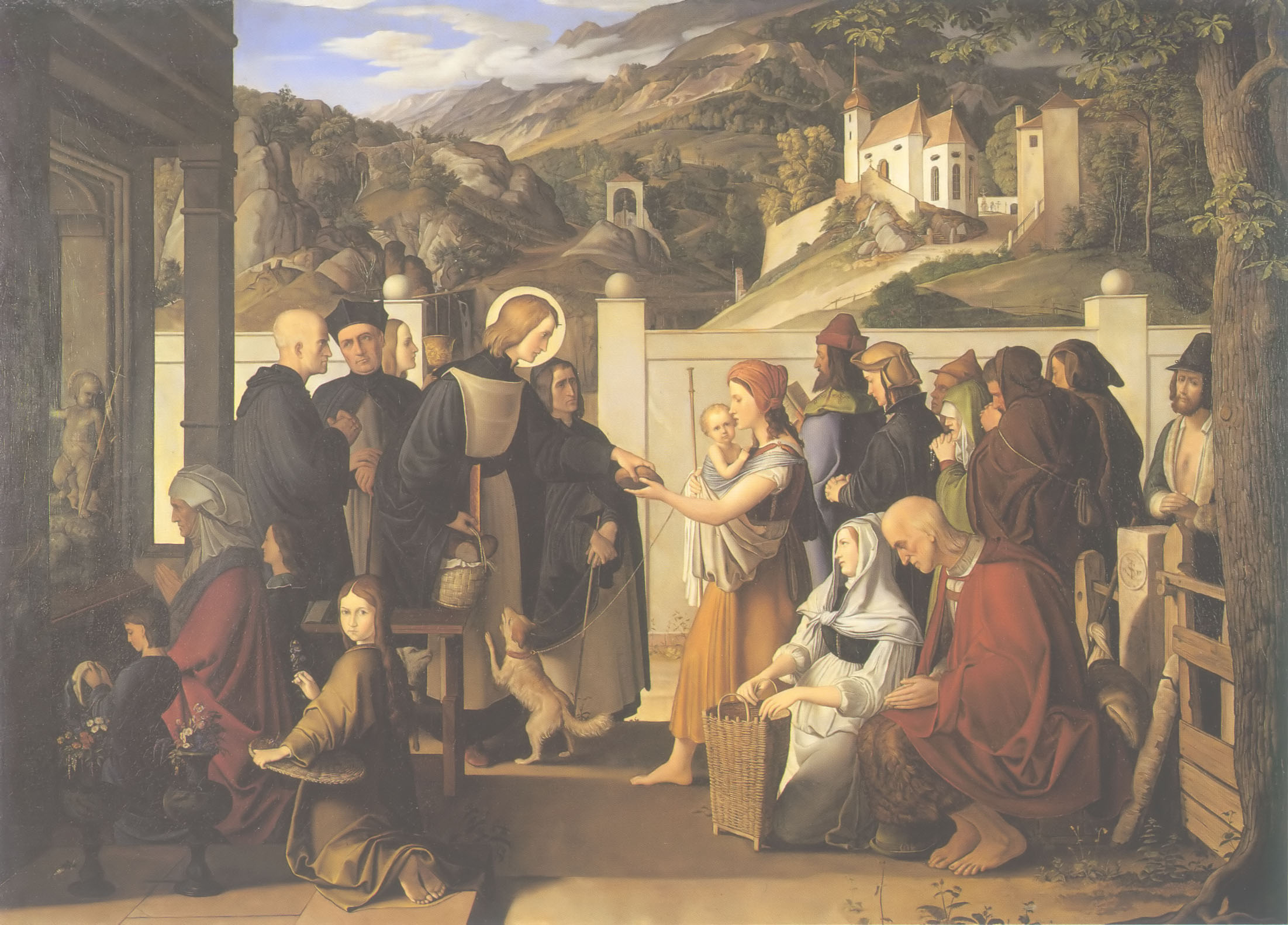 Today at Mere Orthodoxy, I argue that
Today at Mere Orthodoxy, I argue that
the duty of the Christian statesman (or stateswoman) to the poor requires defending human rights, supplying urgent needs, reducing barriers to market entry, and guaranteeing access to the institutions of justice, seeking realistic, gradual reform as possible and prudent.
Of particular interest to readers of the PowerBlog, I dedicate substantial space to explaining and advocating for free markets:
Jobs are what the poor need, and jobs are created by businesses. People settle for bad jobs only when good ones aren’t available. Thus, eliminating barriers to market entry ought to be of primary concern to the Christian statesman, combatting the unjust inequality created by closed markets. Barriers to entry include onerous occupational licensing and patent laws, high corporate taxes, zoning laws, overregulation, and subsidies. These things close markets to new competitors because, even though it might seem against their interest (except for subsidies), large, established firms are more likely to benefit from them and lobby for them (which is called rent seeking)….
In free markets, properly understood, these barriers are kept to a minimum, increasing competition and wealth creation. The more businesses there are looking for workers, the more demand there is for labor. Thus, not only will there be more jobs, but wages will be higher as well. It should be no surprise that the decline in American entrepreneurship has coincided with wage stagnation. Beyond wages, an additional benefit of increased competition is that it also drives down the price of consumer goods, thus lowering the cost of living for everyone as well. Free markets help the poor—and everyone else—in terms of production (labor), distribution (wages), and consumption (lower cost of living).
This essay will be the first in a series. As Jake Meador, editor of Mere O (as the kids call it), noted as a preface:
Over the next week we’ll be running pieces multiple pieces on political economics. The chief question we are addressing is “What duties a Christian magistrate has to the poor?” In today’s post, Dylan Pahman of the Acton Institute is giving a classical liberal answer to that question. Tomorrow we will be running a response to the same question written by a Christian socialist.
It is my understanding that we will then respond to each other’s essay and end with a statement of common ground.
So, if you ever wondered what hath Christian classical liberalism to do with Christian socialism? (other than “not much”), you can find out this week at Mere Orthodoxy.
Read the whole essay here.

